Shrink your Pores
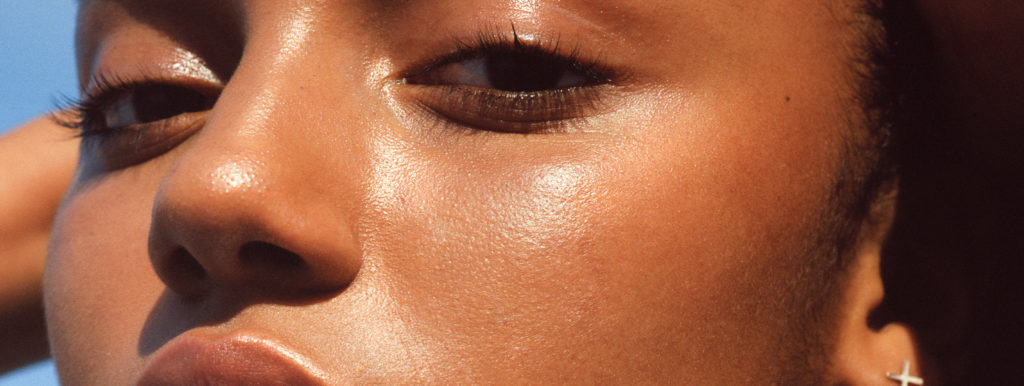
We are all obsessed to shrink our pores but pores are in fact super important when it comes to the health of your skin.
They produce sebum, the oil that keeps your skin hydrated. If you would close your pores, you would literally dry out your skin. So how can you actually impact your pores in a healthy manner to sustain your skin health and beauty?
Let’s dive right in.
Our Skin
Understanding how your skin is built and what role pores play in the largest organ that you have is quite important.
Broken down, your skin is built up in three layers that all have different functions and contain different cells that are responsible for a lot of processes to not only maintain your skin but also to let make it renew and let it grow.
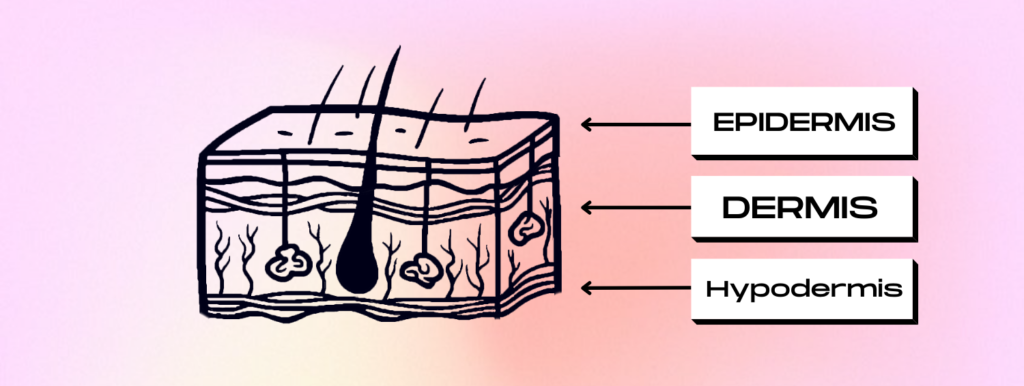
Epidermis
- The outer layer of the skin
- Avascular (contains no blood vessels)
- Is entirely dependent on the underlying dermis for nutrient delivery and other processes
- Produces pigment and protects your immune system
Dermis
- Forms the inner layer of the skin and is much thicker than the epidermis (1-5mm)
- The primary role of the dermis is to sustain and support the epidermis
- Protection against irritation, allergens, water loss
- Cushions the deeper structures from mechanical injury
- Provides nourishment to the epidermis
- Plays an important role in wound healing
Hypodermis
- Is the subcutaneous layer lying below the dermis
- Consists largely of fat
- Provides the main structural support for the skin as well as insulating the body from cold and aiding shock absorption
- Interlaced with blood vessels and nerves
Pores are basically the gateway from your body to the outer world. Practically tiny holes in your skin around sweat glands and hair follicles that help liquids and e.g. oxygen move through the surface of your skin. They are everywhere on your body where you would find oil glands but are much more concentrated on your face.
Sweat glands
- They are called sudoriferous or sudoriparous glands, from Latin sudor = sweat
- Located in outer layer, the epidermis
There are two types of sweat glands that differ in their structure, function, secretory product, mechanism of excretion, anatomic distribution, and distribution across species.
- Eccrine sweat glands are almost everywhere in your body
- Highest density in palms and foot soles and on your head
- You will find these less on your body and extremities
- Apocrine sweat glands are mostly in your armpit and private area
- These don’t really cool humans down but are the only sweat glands in hoofed animals, such as camels, horses, cattle etc.
- Water-based secretion results in cooling humans = sweat
- Sweat is a liquid made from 99% water and 1% salt and fat
- Up to a quart of sweat evaporates each day through those tiny little pores
- That is why you sweat more to control your body temperature when your body overheats
Sebaceous glands
- Located in the dermis (2nd layer of your skin)
- Associated with your hair follicles and connect through a canal of the hair follicle
- This canal has a membrane surrounded by collagen, blood vessels and deeper even fat and arteries and veins
It synthesises and secretes sebum which is a component of the hydrolipidic film = an emulsion of water (hydro) and fat (lipos). Basically, the good oil that keeps your skin protected from dehydration and potential cuts also maintains the suppleness of your skin and hair.
This happens in each hair follicle on your body in order to build a protective film all around.
This is actually the pore that can become or appear enlarged.
More often than not it is genetically determined how big your pores are, so you can’t actually shrink them.
However, some products and treatments can minimize the appearance of pores, but none of them are permanent solutions and will never be as you have the tissue behind the membrane, which is filled with collagen, blood vessels etc. based on your genetics.
Your trustworthy cleanser gets the gunk out of your pores( such as make-up, SPF, oil or other occlusive layers). You can double cleanse if necessary with an oil-based cleanser to really get your pores squeaky clean. Vitamin C and other antioxidants can protect your skin and push collagen production further. It surrounds your pores and will therefore tighten your skin structure over time.
Your actives such as BHA, AHA, Retinol and Glycolic acid can also help flatten the skin’s surface to make your skin texture appear a whole lot smoother.
Niacinamide and salicylic acid are great to treat enlarged pores. Niacinamide decreases excessive oil (sebum) production and salicylic acid helps to actually remove excess oil properly.
Have a look at my video about active ingredients though to learn more about which ones you can mix and which ones you should best use on their own.
SPF daily should be your best friend either way – large pores or not – to protect the collagen you already have in your skin and maintain it for the longest time as you are losing more and more the older you get.
Cooling treatments, such as refrigerated face masks, can restrict pores or reduce the inflammation of irritated blemishes, making them superficially pull together which can work instantly but won’t affect your pore size for a longer period of time.
Products to avoid
Avoid any products that are high on the comedogenic scale – The higher the number the more likely your pores will clog and break out.
Conversely, avoid products that can strip your skin as this can lead to an overproduction of sebum.
Furthermore, bar soap has a high PH level and as we know by now our skin is best a little more acidy skincare should be around 5.5 which is lower than soap and washing your face constantly with it would compromise your skin barrier making the sebaceous glands overproduce oil which would lead to more sebum and of course enlarged pores.
If you can, then you should avoid harsh physical scrubs. Depending on the formula, you can actually scratch and damage your skin resulting in scar tissue which your pores will definitely not approve of, leaving your skin texture quite agitated.
Dehydrating home treatments such as toothpaste or rubbing alcohol are as bad for your skin as bar soap. These are as well high in pH (toothpaste 7-10, rub alc. 6-8) and will compromise your skin barrier.
The Benefit of large Pores
Larger pores usually also result in oilier skin.
As it helps preserve the skin, people with oily skin tend to have thicker skin and fewer wrinkles. The key is to strike a balance between having too much oil and maintaining your skin’s natural moisture and you will be able to reap the benefits of it and have younger-looking skin for longer.
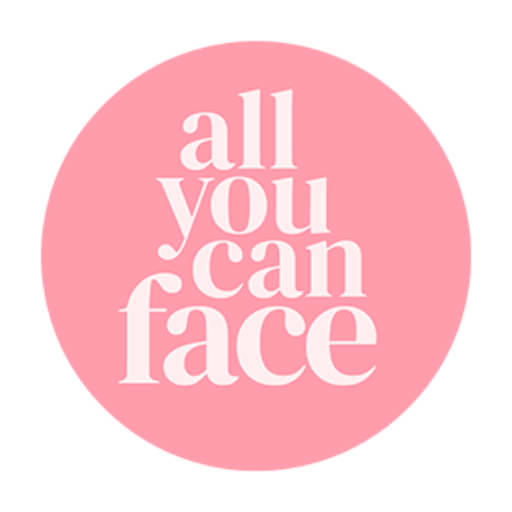
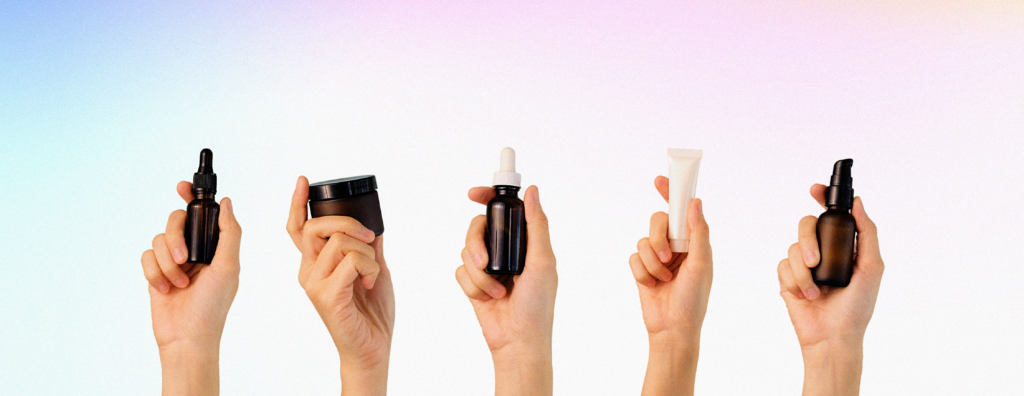
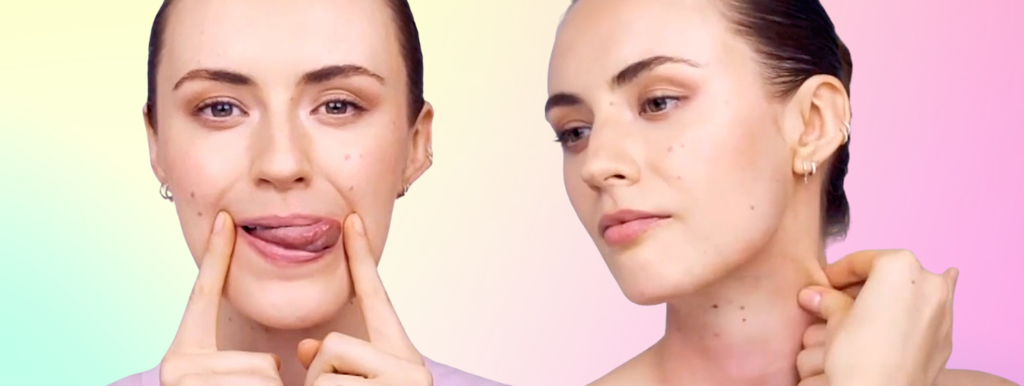
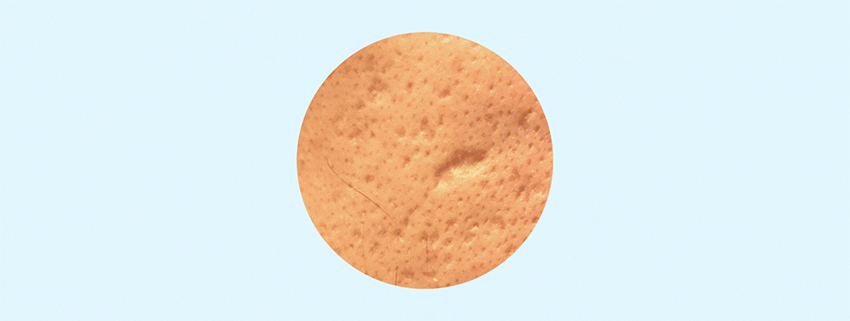
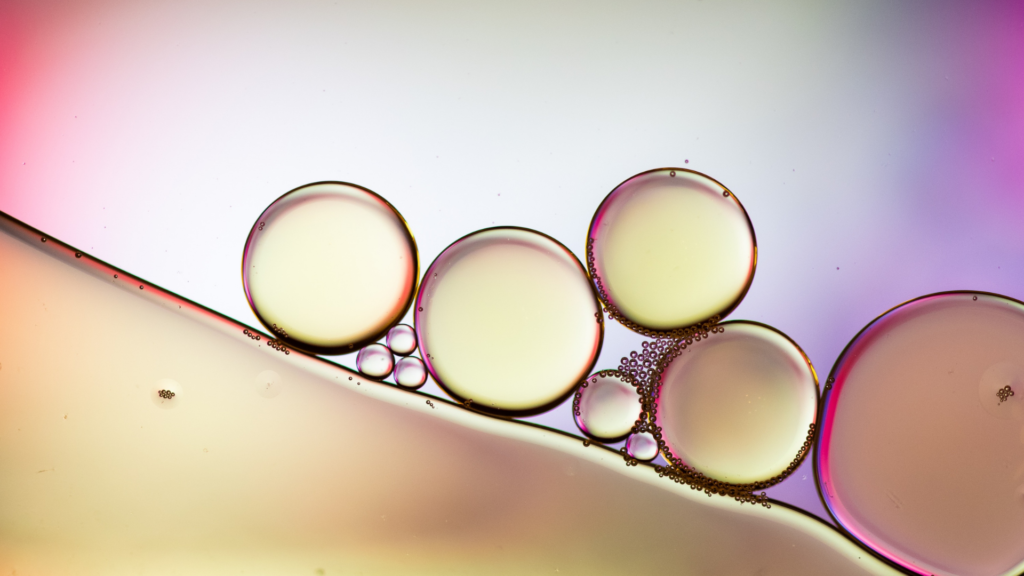

Responses